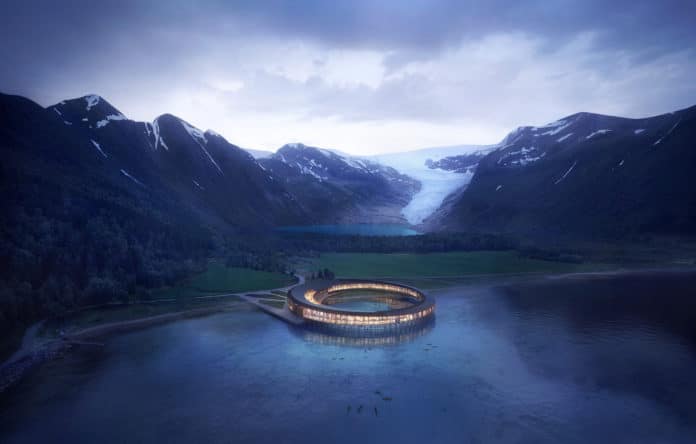How do we square the positive effects of travel with its negative impacts? Travel is a huge industry, accounting for around 10% of global GDP. There has been considerable discussion the last few years around eco-travel. But what exactly does that mean? What is an eco-airline or eco-cruise ship? Just because the resort is built using better materials, or has not pillaged the local landscape, does that make it eco? Is washing the towels every other day eco-travel? Clearly, there have been some contradictions, but the good thing is that we are discussing levels of eco-impact rather than ignoring completely the consequences of consumption. To more and more of us, these things matter, and they become part of our decisions when we book travel.
“It’s about not just not destroying — but restoring — nature”
As Elaine Glusac writes in a recent Global Wellness Summit report, “But it’s about more than being super-green. It’s about choosing quality over quantity, such as Tourism New Zealand or Visit Flanders now measuring tourism success not by the money generated but by the health and wellbeing of the community and environment. It’s about fair income distribution and destinations/tours that benefit the locals by funding schools, healthcare or small business loans. It’s about not just not destroying — but restoring — nature, as we see in the rise of rewilding destinations/tours.”
Six Senses have some wonderful initiatives in their interactions with the local communities and environments. Bill Bensley has been a veritable gladiator in the service of protecting local peoples, flora, and fauna associated with Asian projects he works on.
World’s First Powerhouse Hotel
Then there is the rather amazing Svart Hotel. In collaboration with Arctic Adventures of Norway, Asplan Viak and Skanska, Snøhetta has designed “Svart” the world’s first Powerhouse hotel, at the foot of the Svartisen glacier, situated just above the Arctic Circle.
“Svart” is the first building to be built after the energy positive Powerhouse standard in a Northern climate. Not only does this new hotel reduce its yearly energy consumption by approximately 85% compared to a modern hotel, but it also produces its own energy — an absolute “must” in this precious arctic environment.
Later this year travel will start up again, with 2022 promising to be one of the biggest travel years ever with all the pent-up travel demand from the pandemic. We here will be part of it, as I am sure many of you will be. What will be interesting is if this will translate into greater awareness of initiatives such as carbon offsets and self-sustaining hotels. We will be doing more posts in the future on how to sort out having the most responsible, yet fun and enriching travel experiences possible.



In such hard times of forced traveling within one selves, it is comforting that the world can still welcome us with respect and care and, yes, love. Grazie